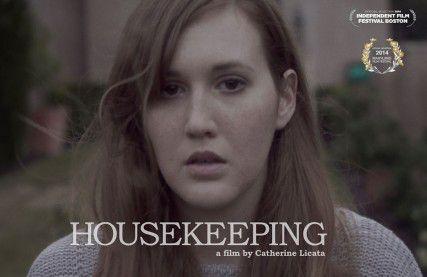Former NHL forward Robert Probert was a tough guy. The Detroit Redwings and Chicago Blackhawks star earned fifth place all-time in the NHL for most penalty minutes acquired, and his New York Times obituary headline labeled him a “renowned hockey brawler.”
Though Probert made life on the ice difficult for his opponents, he had his share of troubles off the ice. He was in and out of rehab for much of his career and after retirement for alcohol and cocaine abuse. And in his 40s, his wife noticed a “mental decline” in Probert, which she said was evidenced by short-term memory loss and a short attention span.
Scientists at the Boston University School of Medicine say it is possible that those Alzheimer’s disease-like symptoms could be the result of the several concussions Probert received while delivering and receiving hard hits on the ice, according to findings released earlier this month.
A direct link between hits on the ice and Probert’s symptoms cannot be made definitely because he received head trauma in instances outside of hockey, including a major car accident, they said.
GATHERING EVIDENCE
Probert was diagnosed with the degenerative brain disease known as chronic traumatic encephalopathy, believed to be the result of repeated blows to the head, scientists at BU’s Center for the Study of Traumatic Encephalopathy announced in a statement. The disease may lead to full-on dementia, and those who suffer from it are subject to memory impairment, emotional instability, erratic behavior and depression, according to the statement.
The CSTE, which was founded in 2008, has received 68 brains to be studied for evidence of CTE, mostly from former athletes. So far, more than 30 of the 40 athletes’ brains that have been studied show evidence of CTE. A team of BU scientists, including Dr. Robert Cantu, Dr. Ann McKee and Dr. Robert Stern, looks for deposits of tau, an abnormal brain protein that can impair and kill brain cells.
Probert decided to donate his brain in the event of his death to the center after seeing a “60 Minutes” special on the research that was being done, according to the statement. He died of a heart attack in July 2010.
Probert is the second deceased hockey player whose brain has been found by the CSTE to have CTE. Reggie Fleming, another Blackhawks star known as an “enforcer,” was the first case to link CTE to hockey in 2009, according to The New York Times. Originally, CTE was referred to as “dementia pugilistica,” according to the CSTE, because it was thought to only affect boxers.
PREVENTATIVE MEASURES
CSTE co-director Chris Nowinski is tasked with recruiting potential brain donors. His efforts, along with the attention the CSTE has received in the media have led to a registry of more than 250 current and former athletes.
Nowinski said in an interview that there has not been a wide range of reactions from athletes asked to consider donating their brains.
“It’s either, ‘no way, you’re crazy,’ or, ‘I won’t need it when I pass away,’” he said. “There isn’t much in between. . . . People are either comfortable with it or not.”
Nowinski knows first-hand about why the research that the CSTE does is important. The Harvard University graduate was a professional wrestler for World Wrestling Entertainment and the youngest male Hardcore Champion in WWE history, according to a biography on his website. However, multiple concussions brought his career to a halt in 2003.
He began to research concussions and founded the Sports Legacy Institute in 2007 with Dr. Cantu, which is dedicated to advancing the study of brain trauma.
“I was trying to figure out what was wrong with my own brain,” he said. “There were a lot of unknowns about the affects of brain trauma that needed to be investigated.”
Probert’s wife told the CSTE that “his sole motivation was to make sports safer for our children,” according to their statement, and Nowinski shares that sentiment.
“My real passion is changing how we play youth sports so kids don’t derail their future,” he said. “The developing brain is far more sensitive to brain trauma. There’s no such thing as informed consent with children.”



























































































































